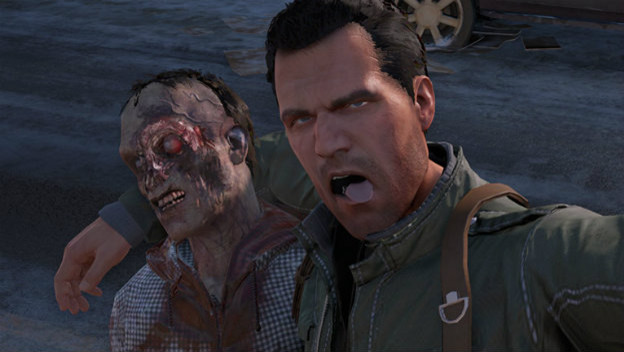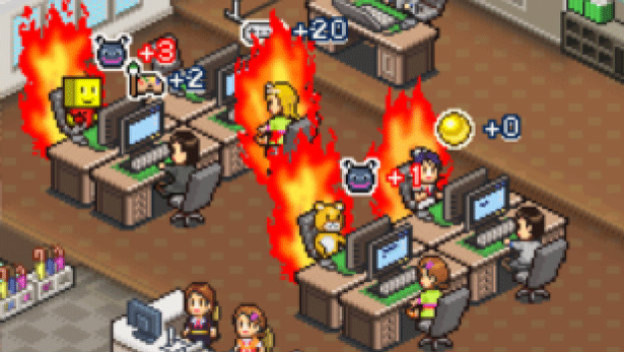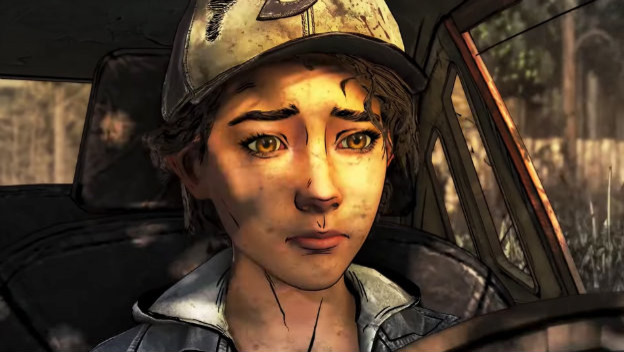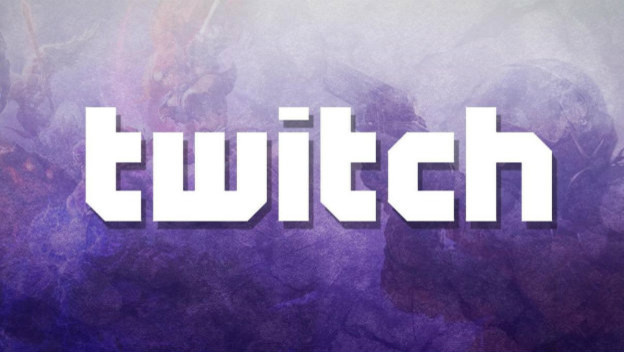In late September, 2018, a lot of conversations sparked around the state of working in the game industry. This was because multiple game development studios closed very close to each other, the most sudden and surprising perhaps being the majority closure of Telltale Games. Conversations that happened included topics such as crunch, investments, budgets, management, development strategies, and unionization.
These were all stories I’ve watched closely and have been lowkey worried about, in terms of the overall state of the video game industry. As much money is produced by games in general, there are problems that might seem small now, but could grow to ruinous size if left unchecked.
Here’s a list of problems in and around the games industry that are worth knowing and talking about.
Studio Closures

Let’s just start with this one. Studios are closing more and more, even in what is ostensibly a period of economic recovery. Even within huge companies like EA and Capcom, studios are being shut down with little or no previous notice, leaving hundreds out of work.
Just look at Capcom Vancouver, which was working on several projects until Capcom up and decided to move all its operations back to Japan. It ate a massive loss, canceled all of the studio’s projects, and laid everyone off. (The Telltale Games situation was ever worse, more on that later.) If one or two games not being massive hits results in everyone being fired despite past successes, that’s a big problem. All or nothing is a problem! Right?
Monetization

One of the biggest problems in games right now is financial. Studios are closing, because if a AAA game isn’t a smash hit that breaks records, people are losing money. Part of that is due to how expensive it is to make games on the level that fans demand them. Meeting demand is supposed to be a core tenant of capitalism, but the problem is that every gamer can’t buy every game the day it comes out, and that hits hard.
Microtransactions, season passes, and especially loot boxes are all attempts to fight that issue, without raising the base price of games at retail, lowering budgets or scale, so on and so forth. But this has led to its own problems, with loot boxes getting so out of control, several government bodies have now started to fight against them.
Turbulence in China

Speaking of money, China has become a bit of an issue. For several years, China was becoming a huge presence in the games industry, especially in spaces like online, competitive, and mobile games (and combinations thereof). Companies like Tencent grew massive and had fingers in more pies than you may even know about.
But the current Chinese government is starting to turn against games again, under the pretense of being worried about youth health in the country. A freeze in game classification in the country caused big stock losses for several devs and publishers, and Tencent even made moves to withdraw from gaming somewhat, which means a lot of money leaving the industry. It’s scary, because without that money, Even some of the biggest companies would have to re-evaluate their business.
Tax ‘Evasion’

Yeah, read this article and be amazed. Probably motivated by aforementioned financial issues or just the fact that it’s a totally legal loophole at the moment, companies like Activision Blizzard are taking advantage of a contradiction between Dutch and United States laws that is allowing them to avoid paying certain taxes. Consider how unstable the industry can be and imagine what happens if this loophole ever gets closed. It would probably be treated like an emergency situation. It’s an interesting situation and loophole, and seeing how that plays out over time will be fascinating.
Crunch

Game development may literally be killing the people who do it. In software development, “crunch” is when employees put in well beyond the usual 40 hours a week to get a project finished, particularly as the deadline closes in. Crunch is especially bad in video game development, which is one of the most complicated and difficult projects humans take on, and crunch can be constant in some companies, deadlines or otherwise. It’s gotten to the point that many burn out and leave the industry altogether, which could leave to a serious talent deficiency issue it it continues on the level it’s at now.
No Room in New Genre Spaces

With all the talk about “serivice” games and Battle Royales being new, financially successful trends, it almost seems like it’s the opposite. It’s difficult to call these spaces a bubble, because people enjoy them and spend a lot of money on them. This means it hasn’t exactly “burst” yet. But making any of them now is already a gamble.
So many games that have either been online shooters or Battle Royale games have come out, with plenty of hopeful people behind them, and utterly failed almost out of the gate. The scary part is, it’s not just because they were all inferior to Overwatch or Fortnite . There just isn’t enough space to hold these kinds of games, yet so many investors and CEOs are banking peoples’ livelihoods on them.
There are only so many hours of gameplay are there to go around, and the industry can’t support too many D estiny and Fortnite derivatives.
Labor Violations

We’ve talked about sudden closures and crunch, but that’s only part of it. So many stories have come out of Telltale Games’ majority shutdown that it seems like a miracle the company made it this far. From overwoking people to lying about the state of the company and continuing to hire despite imminent financial danger, it’s no wonder Telltale Games has since been sued for violating federal and state-level labor violations. Working in the industry is seen as a dream job, and that allows people running businesses to take advantage off eager, young prospects.
Media Troubles

This one is complicated, but the way people who aren’t directly inside the industry cover games is changing, and it’s hard to tell what sort of long-term effect that’s going to have on the industry.
Some say there’s a rift growing between writers (like myself, naturally) and the audience. Meanwhile, there’s an uptick in “influencer” media, but at the same time, websites like YouTube are constantly making decisions that are causing a fast erosion in revenue. It encourages video-makers to pump out content at an unsustainable rate.
Writers are struggling, video-makers are struggling, and even streamers are starting to struggle. Most successful content creators now are relying on services like Patreon (such as the pictured Kinda Funny), which could go the way of YouTube any minute without warning. Criticism and outside content is important to the industry too, and it’s in a weird spot right now.
Esports Instability

Speaking of people being overworked and things being unstable, one of the biggest ventures in gaming right now is esports. This slice of the games industry is growing very quickly, with some bodies claiming esports could grow to rival the NFL in terms of revenue within several years. But that depends on the game.
While, for example, the NBA 2K league seems to be off to a good start, there have been other stories of players not getting paid, players having to practice far more than is healthy, and some organizations in the past have even had to introduce drug policies. Esports isn’t doomed or anything, but as it grows, we should keep a close eye on how players are treated and how much money they’re actually making.
Burnout

Streaming has blown up in the past few years and has arguably taken over things like YouTube video creation, in terms of popularity and revenue. But that comes with a price, and that price is the streamers having to produce a huge volume of content. Streamers like Ninja have stated that their subscriber numbers plummet if they take even a couple days off. Meanwhile, in game development, the crunch patterns I went over earlier are causing developers to burn out and leave as well.
The bottom line of all of this really, this whole list, is that creative work is hard. If we truly enjoy the creative content they create, it’s important to pay attention to how they’re able to make a living.
